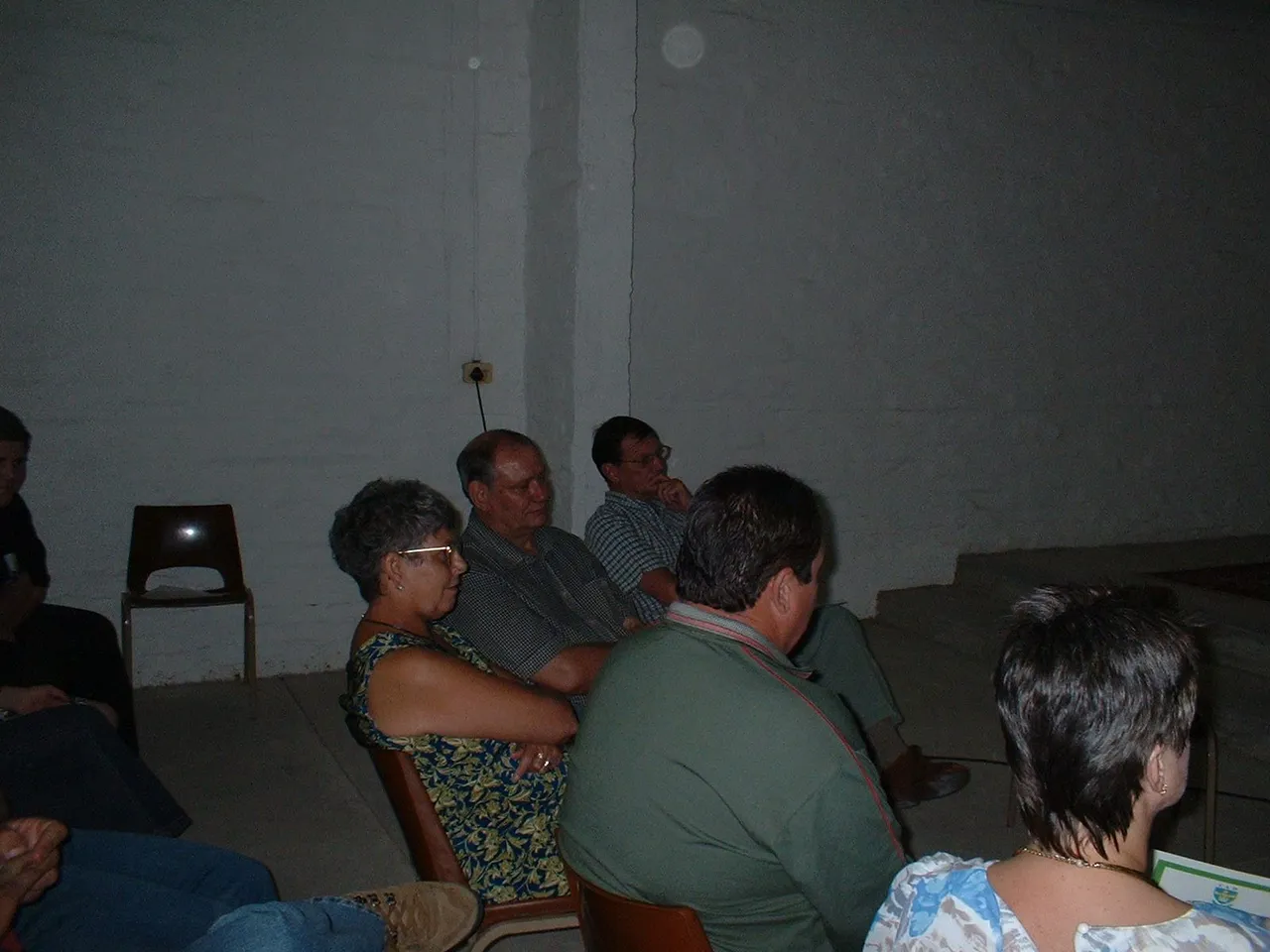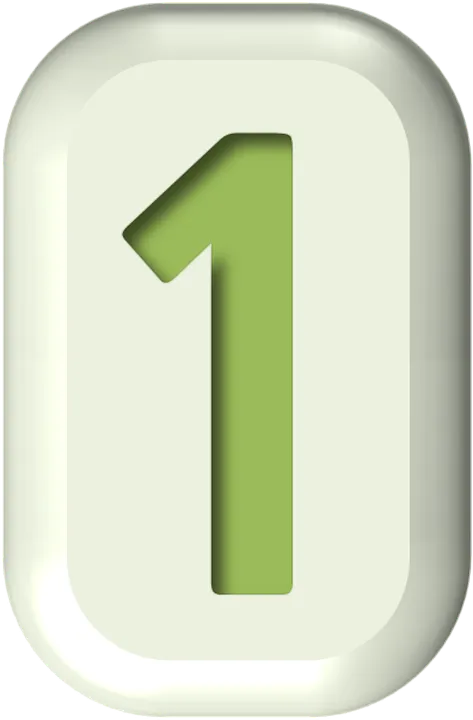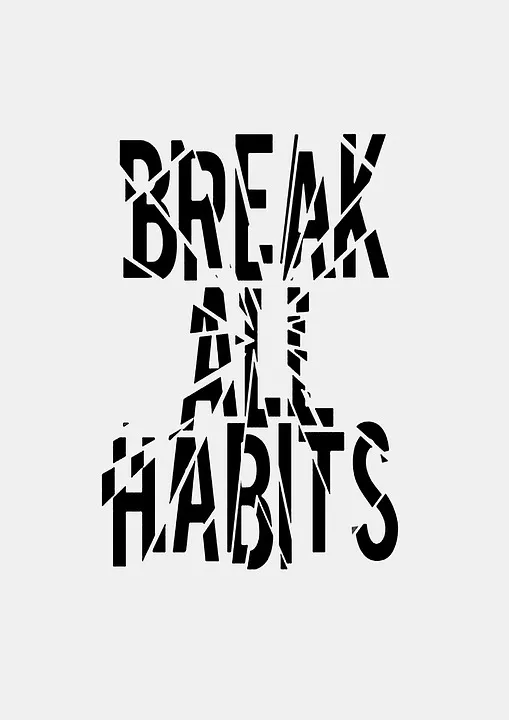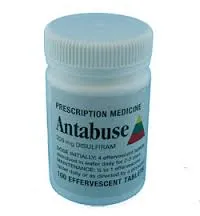
I have been to many AA meetings in my life and for the last 20 years have found a home in our own group called simply Christians against drugs (CAD). What I have found through personal experience is that a lot of time is spent on relating our behaviour in the past, I wish to remedy that with this post and perhaps subsequent posts, of how I achieved and maintained sobriety over the last twenty years.


I never spent any time in a rehab centre, this is my own story and is not meant to be followed step-by-step or as some sort of recovery handbook, rather take from it that what may be of use to you and discard what may not.
The AA places a lot of emphasis on a “Higher Power” and the CAD being a Christian movement in South Africa on the Christian definition of God. My approach has always been, that no matter who you believe in is entirely your own affair. I have also not pushed this idea too much, as one progresses through the journey called sobriety, the walls that you have built up will come tumbling down and you will gain a clearer understanding of what your spiritual needs are.

I can only relate what worked for me. On day one of my sobriety, the pangs of addiction were very great, and I remember saying to myself, “I will not take a drink for the next hour”. I did this hour by hour for the next couple of days. Was it easy, no! But I found it easier to do it this way than to dwell on the fact that I had to stop for a whole day or a whole week.
I kept a diary from day one, writing down every thought that went through my mind that day. This helped me analyse my thoughts and also to mark down with big red letters. ONE DAY SOBER and so it went on.

On the fourth day of my sobriety, I went to my first meeting. A room full of strangers but with the same problem as me. At this time I could barely say boo to a goose, so I remained silent and answered only when directly spoken too.
To write of all my experiences would require an entire book, so here are some tips I learnt along the way.
Change your routine. Get up an hour earlier, drive a different way to work, eat at a different hour. This basically is a form of reprogramming your brain. Certain actions spark cravings, driving past your liquor outlet or sitting down in your favourite armchair after supper. Changing your routine changes habits and builds new pathways in the brain. You will find that many of your “friends” will no longer visit you. It’s OK they weren’t true friends if they stay away. A sober lifestyle will mean many new friends that have your interests at heart.

Most of the struggles that I faced were internal conflicts, the AA calls this kind of thinking “stinking thinking”, I went through phases of denial but stuck to the “not today” rule.
It has worked for me.

Lastly in this post, I want to talk about medication. Be open with your GP, if you need anti-depressants, use them. If you feel that a drug like Antabuse would be of help, use it. I have seen too many people wanting to “tough it out” fail. It is good to have faith but modern medical science has its advantages. If you found this post helpful, feel free to email it to your friends or use it in whichever way you like.

Our motto is: Carpe diem – Seize the day. If you have a problem, do something now. Tomorrow may be too late.
( )
)
You may be interested in my previous post
Images - Pixabay or personal